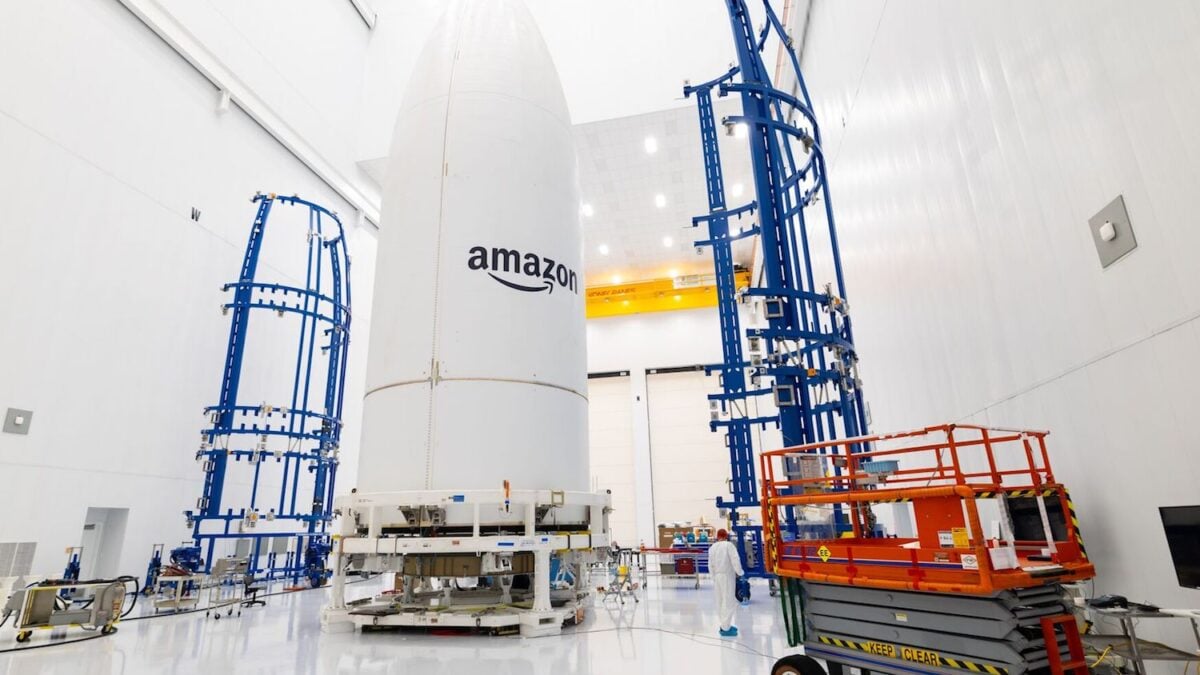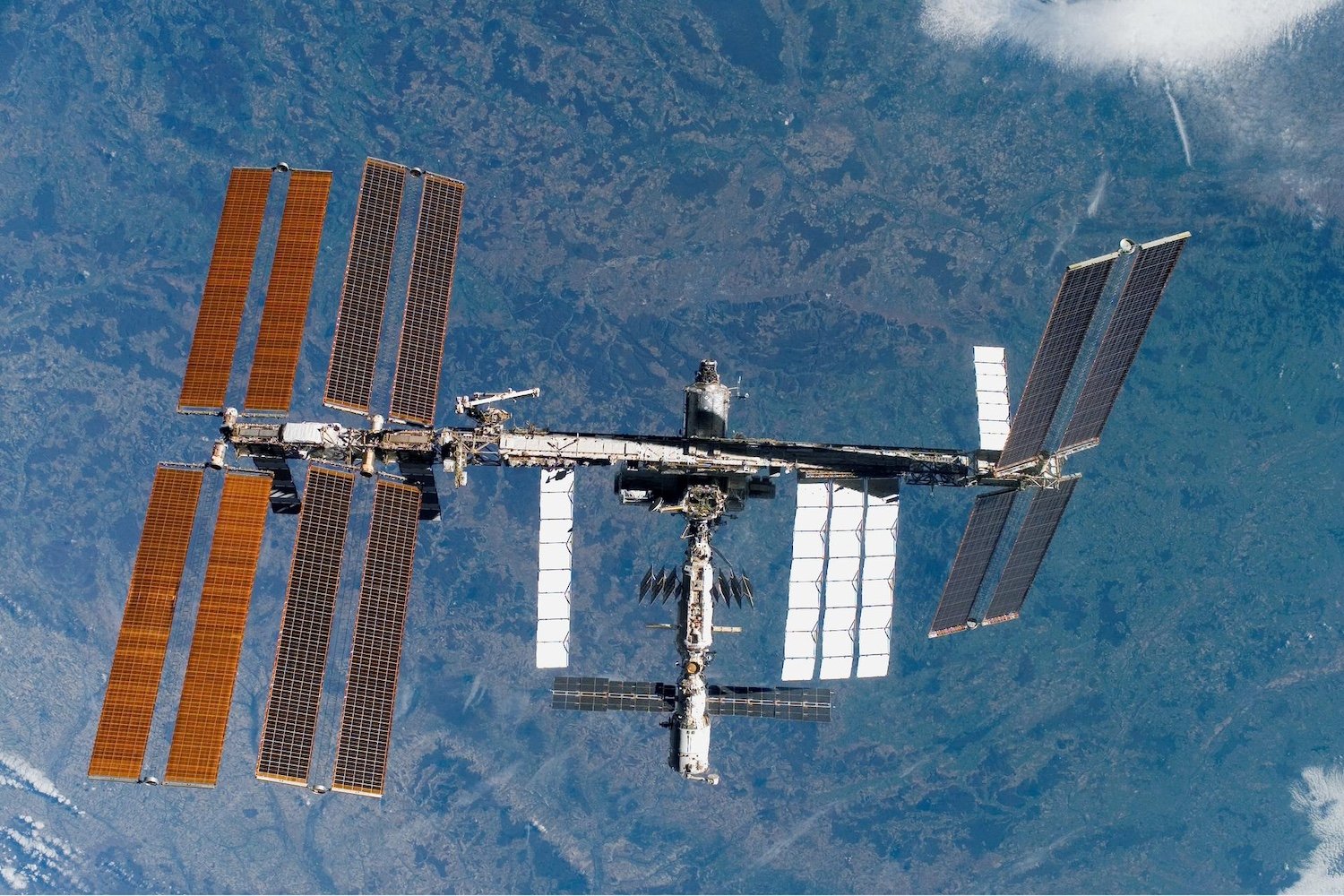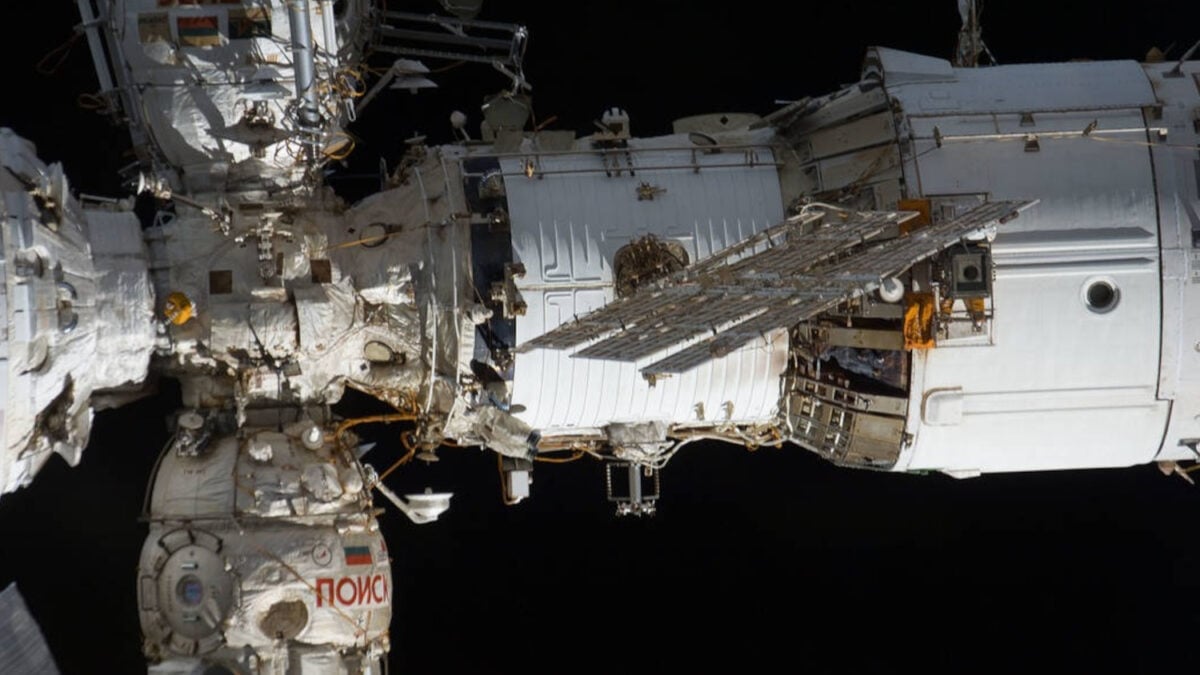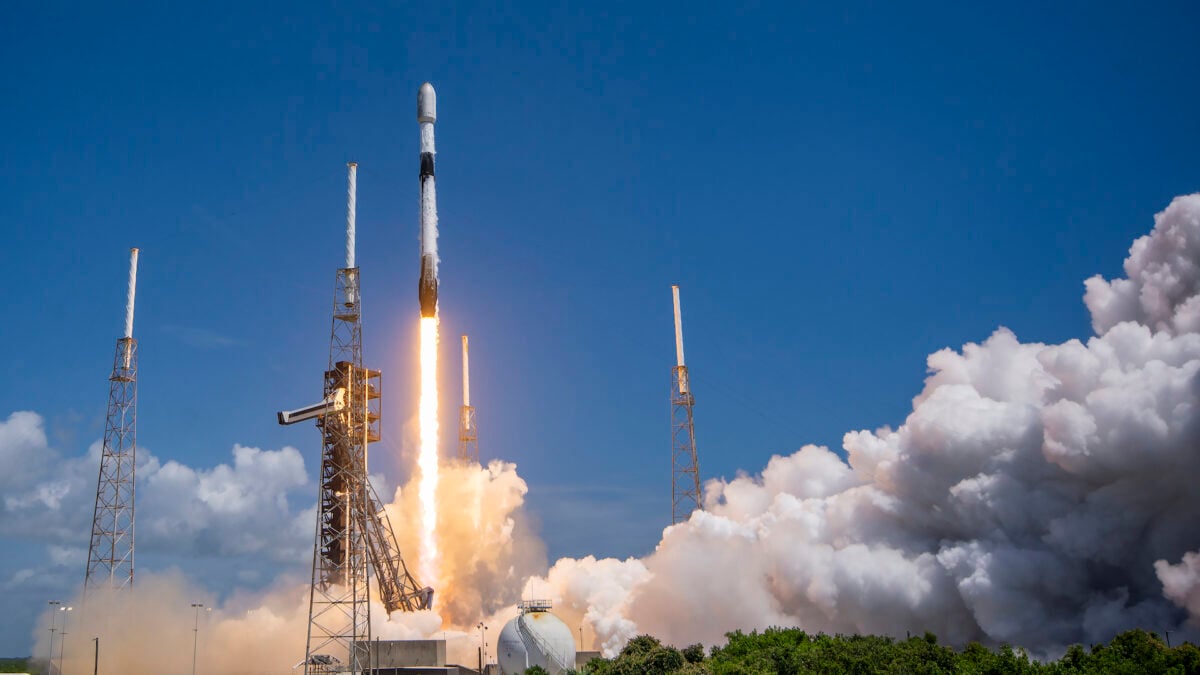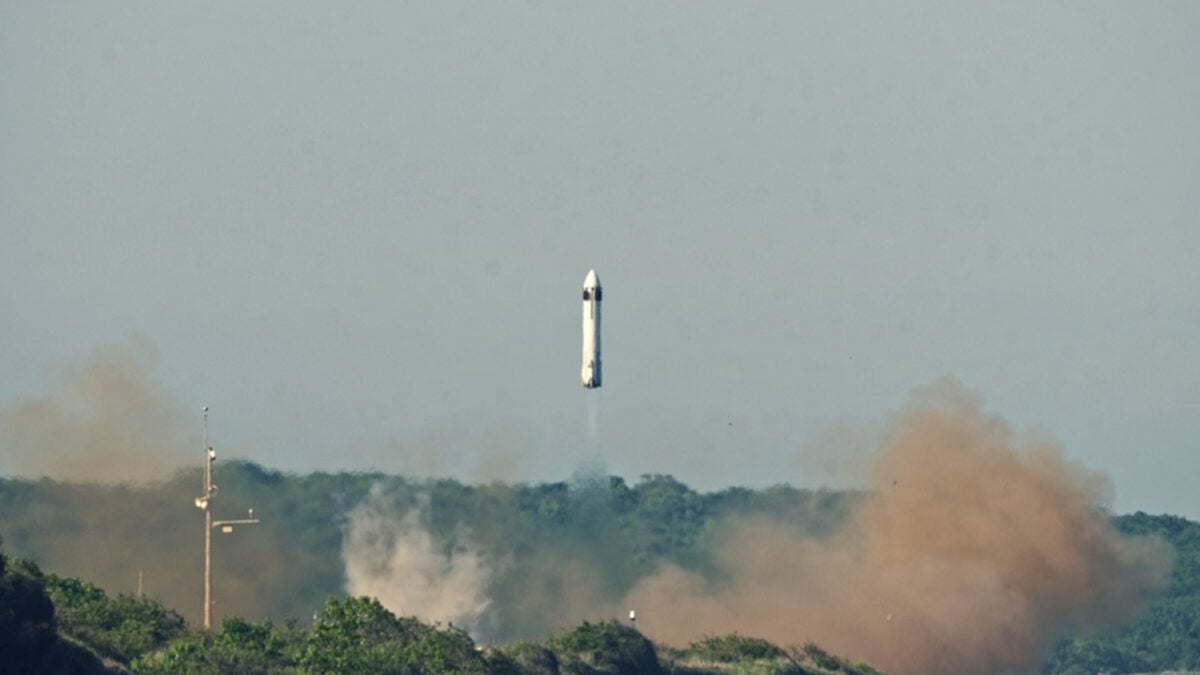Amazon is in a high-stakes race against the clock to deploy its ambitious Project Kuiper satellite internet constellation. The tech giant faces a critical regulatory deadline, and failure to meet it could jeopardize its license to operate, significantly impacting its plans to deliver global broadband services and compete in the burgeoning satellite internet market.
Understanding Project Kuiper and Its Goals
Project Kuiper is Amazon’s initiative to build a network of 3,236 low Earth orbit (LEO) satellites designed to provide fast, affordable, and low-latency broadband internet to unserved and underserved communities worldwide. This venture represents a significant investment by Amazon, aiming to bridge the digital divide and offer a competitive alternative to existing internet service providers, including other satellite constellations like SpaceX’s Starlink. The success of Project Kuiper hinges not only on technological prowess but also on navigating complex regulatory landscapes.
The Critical FCC Deadline
The U.S. Federal Communications Commission (FCC) granted Kuiper Systems LLC, an Amazon subsidiary, authorization to launch and operate its satellite constellation. However, this approval came with stringent conditions. A key requirement is that Amazon must deploy and operate at least 50% of its planned 3,236 satellites by July 2026. This deadline is a standard regulatory measure to ensure that companies holding valuable spectrum licenses actively use them for public benefit rather than warehousing them. Failure to meet this milestone could lead to the FCC revoking or modifying Amazon’s license.
Consequences of Missing the Launch Target
The implications of not meeting the FCC’s mid-2026 deadline are severe for Amazon. Firstly, losing or having its operational license curtailed would represent a monumental setback for the multi-billion dollar Project Kuiper. It would undermine years of research, development, and significant financial investment. Secondly, it would cede considerable ground to competitors like Starlink, which already has a substantial lead with thousands of satellites in orbit and active subscribers. Delay or failure would also impact Amazon’s broader ambitions in cloud computing (AWS) and logistics, where reliable global connectivity could offer strategic advantages.
Amazon’s Efforts and Progress Amidst Challenges
Recognizing the urgency, Amazon is accelerating its efforts. The company successfully launched its first two prototype satellites, KuiperSat-1 and KuiperSat-2, in late 2023, validating the end-to-end network design. Amazon is also ramping up satellite production at its facility in Kirkland, Washington, and has secured a significant number of launches with providers such as United Launch Alliance (ULA), Arianespace, and its own sister company, Blue Origin. However, the scale of deploying over 1,600 satellites in just a few years presents immense logistical, manufacturing, and technical challenges. The company must achieve an unprecedented launch cadence while ensuring the reliability and performance of its complex satellite technology.
Conclusion: A Defining Period for Amazon’s Space Ambitions
The coming months are crucial for Amazon’s Project Kuiper. Meeting the FCC deadline is paramount not only for retaining its operational license but also for solidifying its position in the competitive satellite internet market. The success of this venture could reshape global connectivity, offering new possibilities for remote work, education, and economic development in previously disconnected regions. The tech world and potential customers are keenly watching to see if Amazon can navigate the hurdles and win this critical race against time, thereby securing its future in space-based internet services.



